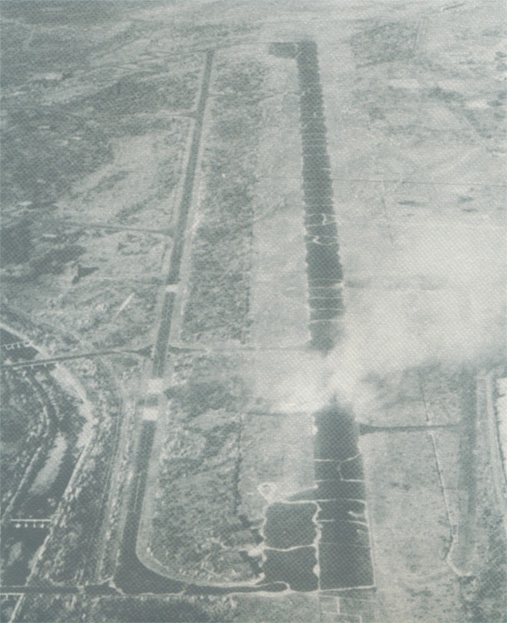Global Reactions to US Strikes on Iran's Nuclear Facilities: Analysis

In a significant escalation of tensions in the Middle East, the United States launched airstrikes on June 22, 2025, targeting Iran's key nuclear facilities. The military action has drawn varied responses from world leaders and raised concerns about further destabilization in the region. Prime Minister Narendra Modi of India promptly engaged in a phone conversation with Iranian President Ebrahim Raisi, advocating for immediate de-escalation of hostilities.
The strikes were reportedly a response to escalating threats from Iran, which had been accused of advancing its nuclear program contrary to international agreements. Israeli Prime Minister Benjamin Netanyahu openly praised U.S. President Donald Trump's decision to carry out the strikes, asserting that it would "change history" and significantly alter the geopolitical landscape in the region.
According to Dr. Michael Thompson, a Senior Fellow at the Center for Strategic and International Studies, the U.S. strikes may embolden allies in the region but could also provoke a vigorous response from Iran. He stated, "The military action taken by the U.S. signals a shift in strategy, but it is essential to consider the potential for retaliation that could destabilize the entire region."
Amidst these developments, various nations have expressed their concerns. Russia's Foreign Minister Sergey Lavrov condemned the strikes, labeling them as illegal under international law and a violation of Iran's sovereignty. "The actions taken by the U.S. only serve to escalate the conflict further and undermine diplomatic efforts that are sorely needed," Lavrov stated in a press conference on the same day.
Additionally, European leaders have called for restraint. According to a joint statement from the European Union's foreign policy chief, Josep Borrell, the strikes could lead to a dangerous escalation and urged all parties to return to negotiations aimed at reviving the Joint Comprehensive Plan of Action (JCPOA).
Historically, tensions between Iran and Israel have been fueled by longstanding political and ideological differences, especially surrounding Iran's nuclear ambitions. The 2015 nuclear deal, which aimed to curb Iran's nuclear program in exchange for sanctions relief, faced significant setbacks after the U.S. withdrew from the agreement in 2018.
As of now, Iran has vowed to retaliate against U.S. interests in the region, with Iranian military officials asserting that the country is prepared to respond decisively. According to Colonel Amir Ali Hajizadeh, head of the IRGC Aerospace Force, "Any aggression will be met with a strong and immediate response."
The implications of these strikes are far-reaching. Economically, the increase in military actions could destabilize oil markets, further exacerbating global energy prices. Socially, the conflict has already led to heightened tensions within Iran, where the government is likely to rally nationalist sentiments in response to perceived foreign aggression.
Looking ahead, analysts suggest that without a robust diplomatic effort, the cycle of retaliation could spiral out of control, potentially leading to a broader conflict involving multiple regional players. The international community is closely monitoring the situation as it evolves, with hopes that diplomatic channels can still facilitate a resolution.
In conclusion, the U.S. strikes on Iran's nuclear facilities have not only reignited tensions but have also prompted a complex web of international reactions. The future remains uncertain, with many calling for urgent dialogue to prevent further escalation in the already volatile region.
Advertisement
Tags
Advertisement





